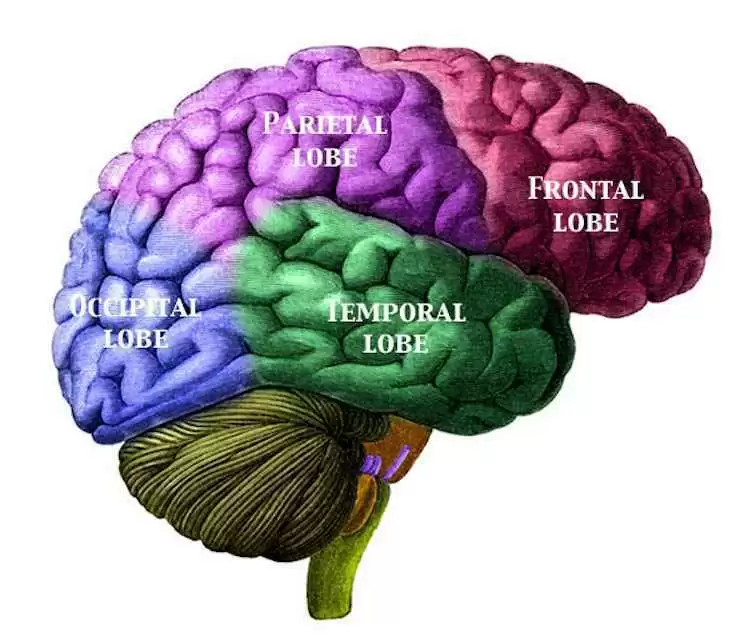
Celiac.com 06/12/2017 - Previously, Transcranial Magnetic Stimulation in de novo celiac disease patients has signaled an imbalance in the excitability of cortical facilitatory and inhibitory circuits.
Researchers have reported that, after about of 16 months on a gluten-free diet, patients experience a global increase of cortical excitability, which suggests some kind of compensation for disease progression, likely mediated by glutamate.
Celiac.com Sponsor (A12):
To better assess these finding, a team of researchers recently conducted cross-sectional evaluation of the changes in cortical excitability to TMS after a much longer gluten-free diet.
The research team included M. Pennisi, G. Lanza, M. Cantone, R. Ricceri, R. Ferri, C.C. D’Agate, G. Pennisi, V. Di Lazzaro, and R. Bella. They are variously affiliated with the Spinal Unit, Emergency Hospital "Cannizzaro", Catania, Italy, the Department of Neurology IC, I.R.C.C.S. "Oasi Maria SS.", Troina, Enna, Italy, the Department of Medical and Surgical Sciences and Advanced Technologies, Section of Neurosciences, University of Catania, Catania, Italy, the Gastroenterology and Endoscopy Unit, University of Catania, Catania, Italy, the Department "Specialità Medico-Chirurgiche,” University of Catania, Catania, Italy, and the Institute of Neurology, Campus Bio-Medico University, Rome, Italy.
For their study, the team enrolled twenty patients who had followed an adequate gluten-free diet for about 8.35 years, on average. They then compared the results with twenty de novo patients, and twenty more healthy controls. The team measured Transcranial Magnetic Stimulation, recorded from the first dorsal interosseous muscle of the dominant hand, as follows: resting motor threshold, cortical silent period, motor evoked potentials, central motor conduction time, mean short-latency intracortical inhibition and intracortical facilitation.
De novo patients showed a shorter cortical silent period, while responses for gluten-free diet participants were similar to controls. Regardless of diet, all celiac patients showed a significantly smaller amplitude of motor response than did control subjects,
Again, without regard to diet, all celiac patients showed a statistically significant decrease of mean short-latency intracortical inhibition and enhancement of intracortical facilitation with respect to controls.
The team also observed that gluten-free celiac patients showed more intracortical facilitation compared to non-gluten-free patients. Neurological examination and celiac disease-related antibodies were both negative.
This study showed that a gluten-free diet helps to mitigate the electrocortical changes associated with celiac disease. Even so, in many patients, an intracortical synaptic dysfunction, mostly involving excitatory and inhibitory interneurons within the motor cortex, may persist.
The calls for further investigation into the clinical significance of subtle neurophysiological changes in celiac disease.
Source:







Recommended Comments
Create an account or sign in to comment
You need to be a member in order to leave a comment
Create an account
Sign up for a new account in our community. It's easy!
Register a new accountSign in
Already have an account? Sign in here.
Sign In Now